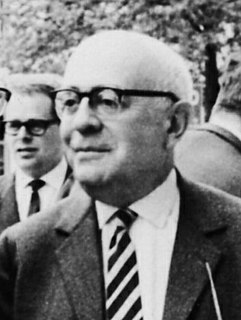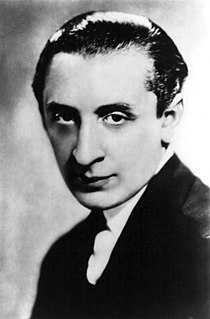A Quote by Jiddu Krishnamurti
When inquiry is suppressed by previous knowledge, or by the authority and experience of another, then learning becomes mere imitation, and imitation causes a human being to repeat what is learned without experiencing it.
Related Quotes
Religion is not an imitation of Jesus or Mohammed. Even if an imitation is good, it is never genuine. Be not an imitation of Jesus, but be Jesus, You are quite as great as Jesus, Buddha, or anybody else. If we are not ... we must struggle and be. I would not be exactly like Jesus. It is unnecessary that I should be born a Jew.
Psychologists would say that the only two important forms of social learning are imitation and teaching, and they will spend time trying to figure out if animals imitate or teach. Sometimes they find they do; sometimes they find they don't. And so that's kind of the level of controversy there. Biologists would include imitation and teaching and a range of other kinds of social learning. So we would call that culture, whereas the psychologist wouldn't.
If music in general is an imitation of history, opera in particular is an imitation of human willfulness; it is rooted in the fact that we not only have feelings but insist upon having them at whatever cost to ourselves. The quality common to all the great operatic roles, e.g., Don Giovanni, Norma, Lucia, Tristan, Isolde, Br?nnhilde, is that each of them is a passionate and willful state of being. In real life they would all be bores, even Don Giovanni.
Love of goodness without love of learning degenerates into simple-mindedness. Love of knowledge without love of learning degenerates into utter lack of principle. Love of faithfulness without love of learning degenerates into injurious disregard of consequences. Love of uprightness without love of learning degenerates into harshness. Love of courage without love of learning degenerates into insubordination. Love of strong character without love of learning degenerates into mere recklessness.
This thing is but a puny imitation of a much grander system whose laws you know, and I am not able to convince you that this mere toy is without a designer or maker; yet you profess to believe that the great original from which the design is taken has come into being without either designer or maker! Now tell me by what sort of reasoning do you reach such an incongruous conclusion?








































